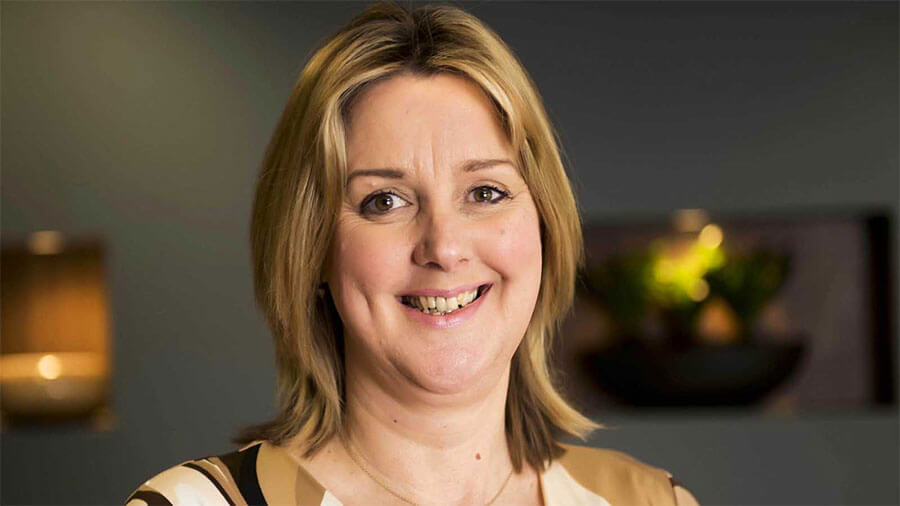A majority of UK businesses will either own or rent real estate of some description. Whether you are setting up a new business, moving premises, expanding your real estate portfolio or relocating your growing business, having an experienced commercial property lawyer guiding you through the process is key.
If you are acquiring commercial premises, we will negotiate the best contractual terms for you, carry out all the relevant searches and identify any potential issues along the way before they cause a delay or impact the transaction. When selling your commercial real estate, we will prepare and negotiate the contracts and liaise with the buyers’ lawyers to ensure the process runs smoothly.
As a freeholder, your property is a major commitment leaving you open to liabilities, and we can take a long-term view and anticipate any future issues that could impact you and your business. As a leaseholder you may have a bit more flexibility but it comes with its own risks and we can advise you on the common pitfalls and how to avoid them.
We work with property owners and property developers from all over the UK who have a wide range of property portfolios, including shopping centres and retail outlets, office blocks, industrial estates, factories, pubs and restaurants, leisure facilities and schools.
We also have the benefit of specialist planning lawyers should you need to make any planning applications.
When buying or selling commercial premises there are some important issues to consider.
Heads of terms
Heads of terms are agreed principles usually agreed between a buyer and a sellers’ agent before lawyers are instructed. It is helpful for the heads of terms to be as detailed as possible to minimise the areas for negotiation and it is often worth involving a lawyer at an early stage.
Capital allowances
Capital allowances can be offset against income tax and are available for specific kinds of capital expenditure effectively spreading the offset over many years. It is crucial that this is considered at an early stage as no future claims for capital allowances on a property can be made unless an election is signed before completion.
Survey
If you are a buyer, then you should arrange a survey of the property before contracts are exchanged as the seller is under no obligation to inform you of defects, and the onus is on you to discover them. You need to establish its general state and condition (which includes the fixtures, fittings, central heating and other service) and obtain estimates for the cost of any repairs recommended, before you exchange contracts.
VAT
An often over looked fact when advertising a commercial property is whether or not VAT is payable on the sale price. If VAT is payable this can (unless relief is available or is structured in a certain way) add 20% (at current rates) to the sale price. This question should be raised very early on in a transaction, and if you are the buyer, this should be checked with the seller’s agents when you are considering putting in an offer.






